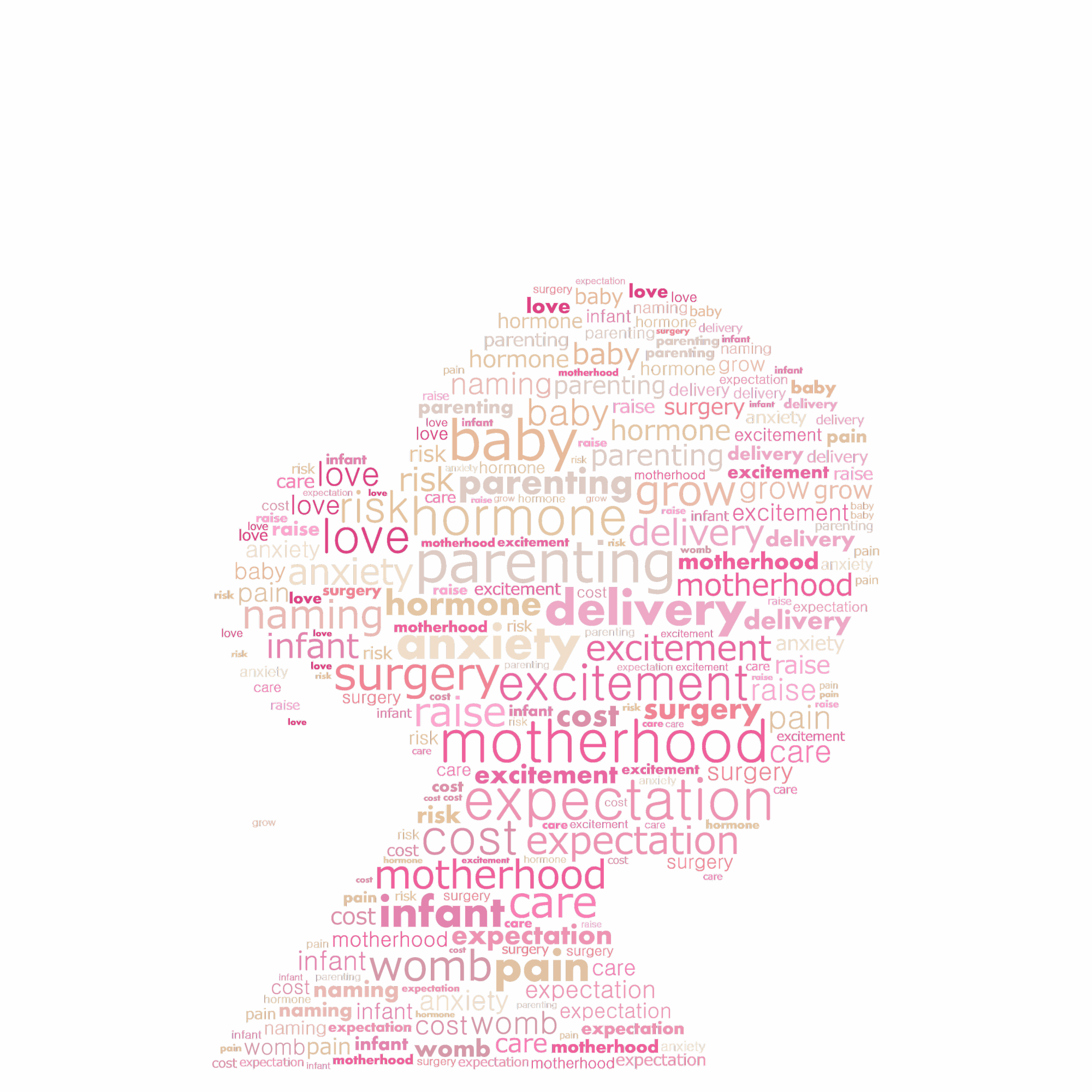
Signs that you might have Postpartum Depression

A new baby is supposed to bring happiness and joy to a family. Everyone is busy celebrating and expecting you to be over the moon but in spite of trying, you find it hard. It is very confusing when the rush of emotion is worry or sadness instead of heady happiness. Most women can relate to the emotional roller coaster that dominates the first few weeks after a baby is born. We need to understand that a new baby also brings a lot of responsibilities and requires many changes in lifestyle. The feeling of being responsible of this tiny bundle can get overwhelming. Add to that, perpetual tiredness, lack of sleep, absolutely no time for self-care and hormonal changes and it comes as no surprise that mostwomen feel a bit down, tearful or anxious in the first week after giving birth. This is often called the "baby blues" and is so common that it's considered normal. This phase could last up to 2 weeks after giving birth.
If the symptoms last longer, then you might have postpartum depression
The main symptoms include:
- a persistent feeling of sadness and low mood
- loss of interest in previously pleasurable activities
- lack of energy and feeling tired all the time
- trouble sleeping at night and feeling sleepy during the day
- feeling that you're unable to look after your baby
- problems concentrating and making decisions
- loss of appetite or an increased appetite (comfort eating)
- feeling agitated, irritable or very apathetic
- feelings of guilt, hopelessness and self-blame
- thinking about suicide and self-harm or thoughts of wanting to harm the baby
Image source-Google

Exploring Sexual Identity: Navigating Personal Challenges and Building Self-Acceptance
Social Isolation of remote Working: How to stay connected with your team

